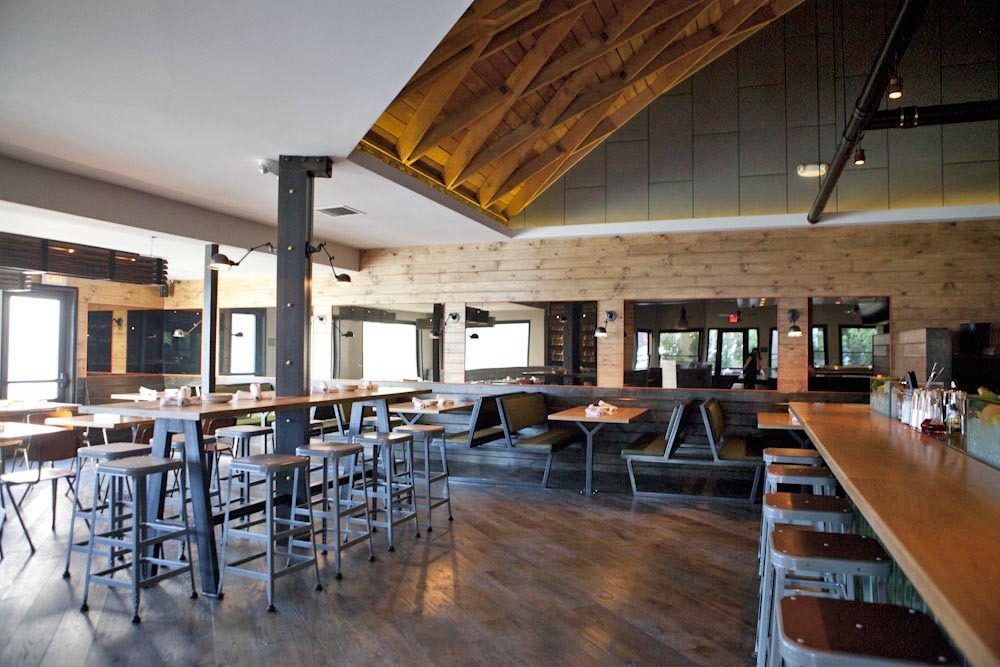
In the last week we have heard so insistent the term Internet of Things, which has been, a year more- one of the pillars that has brought together more news on CES in Las Vegas, the consumer electronics fair world’s biggest and held every month of January in the world capital of the game.
That the Internet of things is a rather broad and ambiguous term, which now want to target everyone. Basically, the Internet of Things refers, as its name suggests, the communication between two or more devices, without interfering one person.
Just as the computer, tablet or smartphone from which you read this post is intended to interact with a person, some day soon we will have home appliances capable of making decisions for themselves, from the information provided to them by other devices or sensors.

In truth, this is going a step beyond what they already do many alarms and Telematics heating in our homes, and what do most robots in a modern factory: if they break the machine itself same, try to repair the damage, and if it is unable to send an alert technical and sometimes redirects the output to another assembly.
Who are we going to cheat, the most colorful part of the Internet of things is all that has to do with the connected home, is not it?
At the CES trade, years ago we found online household appliances for all tastes, from a pen to a washing machine, to a healthy fork, which helps control the rate at which we eat.
Another example. In last year’s CES it has seen a heating system that is started when people feel cold. As I hear.
And all this, when?
The heating system of which we speak, for example, will be a reality within five years. Indeed, ten years ago it is said that the connected home is the next big boom, and there is no way. Why? For who will want in your home a very costly heating system that understands emotions, if much less you can have a smart thermostat.
Do you remember the refrigerator that charge when purchasing that were detected running products? And what if this week you plan to eat out more days than usual, or have guests? In any case, what you will do the supermarket, send a messenger one day with yogurt, milk the next day and the next with a little chicken, which has also been finished you?
On second thought, it is not easier than the user configure a standard weekly order, and set on it however you want changes? Nor is all the hassle, do not you think?
It is not a question of technology, it is a matter of utility and above all cost. In a previous post on this blog I talked about how he sees Google ‘s immediate future homes . The conclusion: Most of the futuristic technologies that dream … are out.




